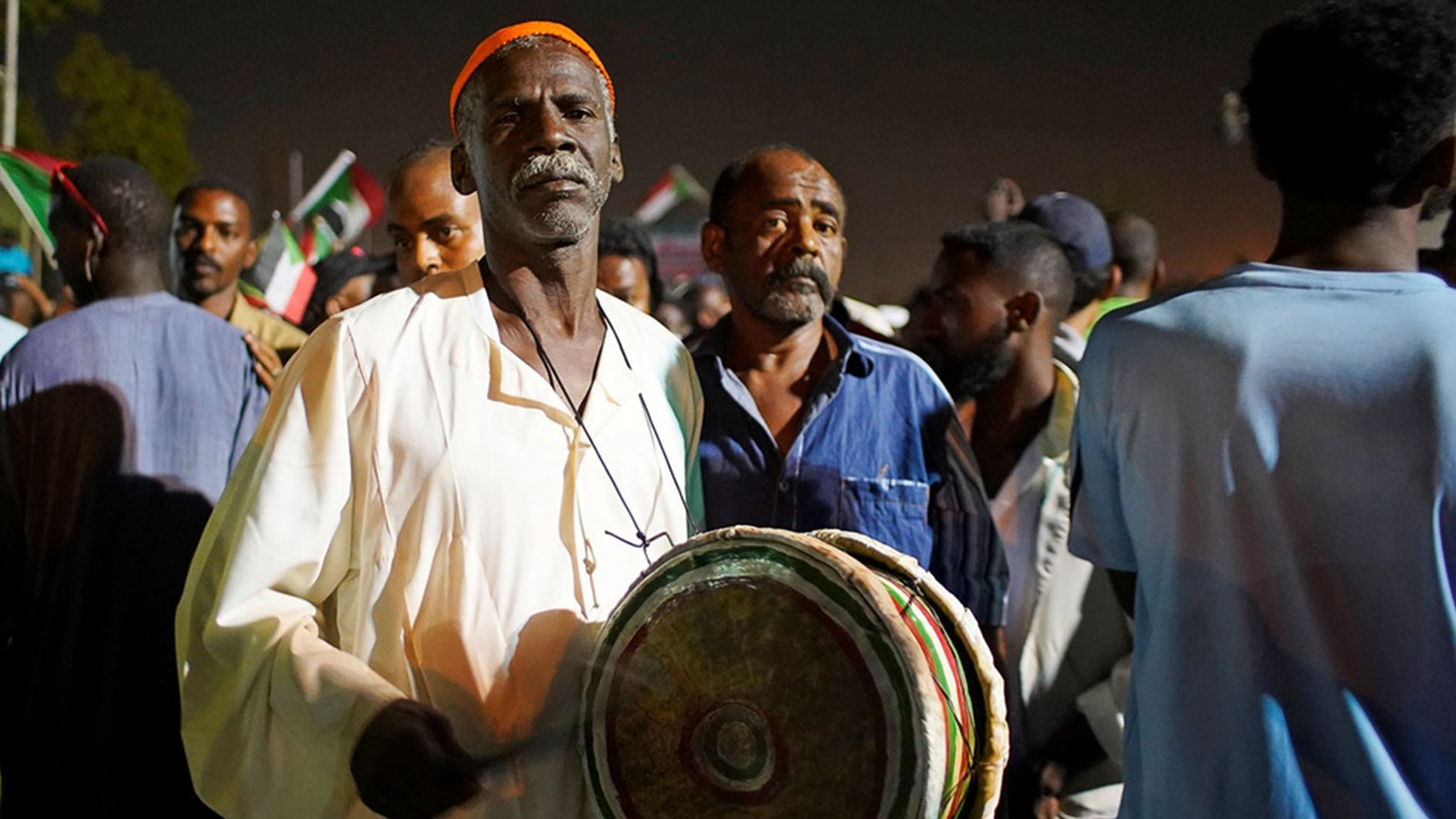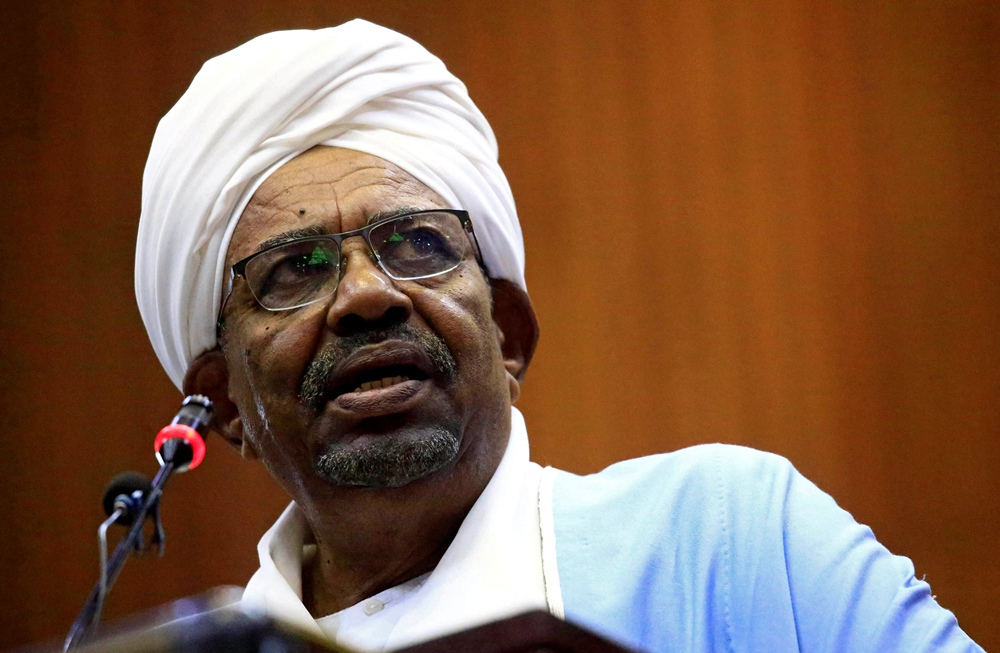
TV Show
11:59, 17-Apr-2019
'Game is not over,' Sudanese protesters push for civil government
The Heat
00:59

Sudanese president Omar al-Bashir was overthrown on April 11 after ruling the country for three decades. At least 16 people were killed and 20 others wounded in demonstrations in the past week.
Thousands of Sudanese have taken to the streets, protesting the transitional military council. They are demanding an immediate and unconditional return to a civilian government.
The leader of the Transitional Military Council, Abdel Fattah Al-Burhan, lifted a curfew and released prisoned protesters. He said that the transitional government will stay in power for two years at max.
"The game is not over," says Sudanese protester Fadia Khalaf.
Khalid Mustafa Medani, head of the African Studies program and graduate program at McGill University's Institute of Islamic Studies, talks about how this protest is different from past ones.
Nada Mustafa Ali, faculty fellow and lecturer at the University of Massachusetts Boston with a focus on gender issues in Africa, discusses the significance of including marginalized groups in this protest.
Aly Verjee, a researcher specializing in eastern Africa, analyzes the long history of unrest in Sudan. Verjee suggests concrete actions and ideology are needed for the Sudanese people to form a new government.
"Sudanese decided not to believe the military soldiers until all the demands are achieved," Khalaf tells CGTN that a curfew removal is not enough. She says that there are members of al-Bashir's regime remaining in power, and many protesters are still in prison.
Medani indicates the opposition's objectives are very clear this time, and they are not only targeting al-Bashir but the institutions of the regime as well. He doesn't think a compromise can be made until demonstrations reach an agreement with the transitional government.
"They want to see more. There needs to be more actions," says Verjee.
In Verjee's view, while Sudan has a long history of protest and alternating leaderships, new ideological ideas and energy are lacking.
Sudanese have got used to rounds of new leadership that failed to provide adequate solutions to the problems. Therefore, essential reforms are necessary for a true revolution.
Protesters are calling to try al-Bashir in the international courts. Ali supports the protesters' demands that al-Bashir should be brought to justice. In Ali's opinion, it is crucial to ensure that the regime of al-Bashir does not happen again in Sudan.

Former Sudanese president Omar al-Bashir delivers a speech inside Parliament in Khartoum, Sudan, April 1, 2019. /Reuters Photo
Former Sudanese president Omar al-Bashir delivers a speech inside Parliament in Khartoum, Sudan, April 1, 2019. /Reuters Photo
Medani indicates that this protest transcends the differences across ethnicity and religions in Sudan. The inclusion of women and the bridging of rural and urban divides have encompassed the whole country in an unprecedented way, Medani says.
Ali adds that the removal of al-Bashir's regime and the protest are encouraging the inclusion of previously marginalized groups in Sudan, such as women and people with disabilities.
In addition to the collapse of the al-Bashir regime, the head of intelligence agency Salih Ghosh in Sudan was forced to resign recently.
Verjee tells us that Sudanese intelligence agency owns many economic sectors in the country, including everyday enterprises such as restaurants and banks. He suggests one man's resignation doesn't mean the army has been sidelined because the intelligence agency can still maintain great economic power in place.
Regarding the country's relationship with South Sudan, Verjee believes that Sudan's interest in this close neighbor will not disappear, and Sudanese will keep monitoring the relationship between the two.
In the end, Khalaf tells us that the protest is peaceful and unarmed, and she holds great confidence in it.
This protest's stake is high for the Sudanese, and the protesters' determination continues pushing forward the movement.
The Heat with Anand Naidoo is a 30-minute political talk show on CGTN. It airs weekdays at 7:00 a.m. BJT and 6:00 p.m. Eastern in the United States.
(If you want to contribute and have specific expertise, please contact us at opinions@cgtn.com.)

SITEMAP
Copyright © 2018 CGTN. Beijing ICP prepared NO.16065310-3
Copyright © 2018 CGTN. Beijing ICP prepared NO.16065310-3